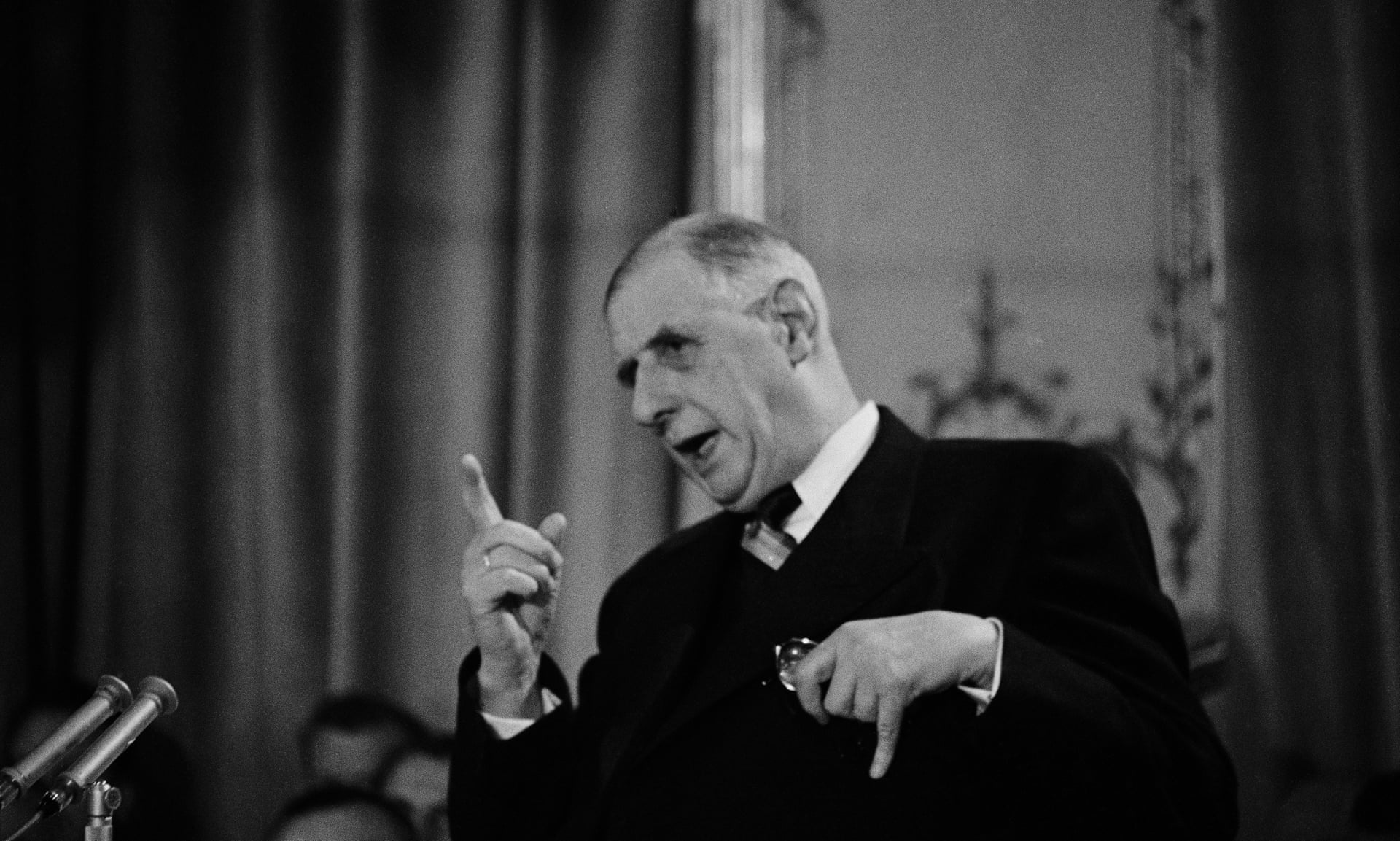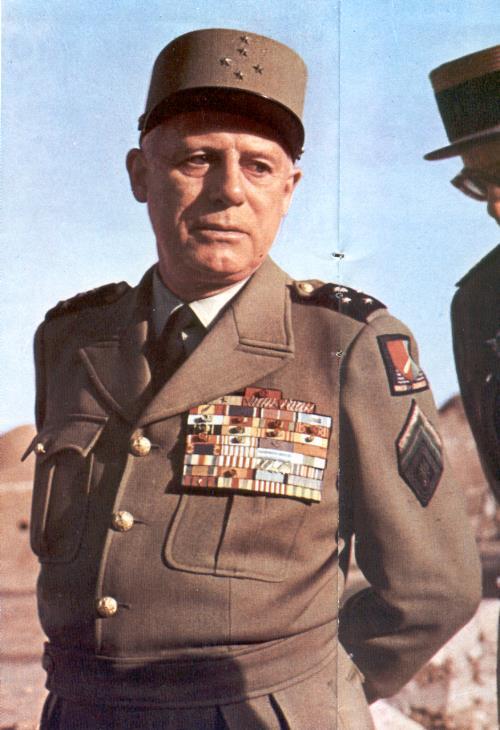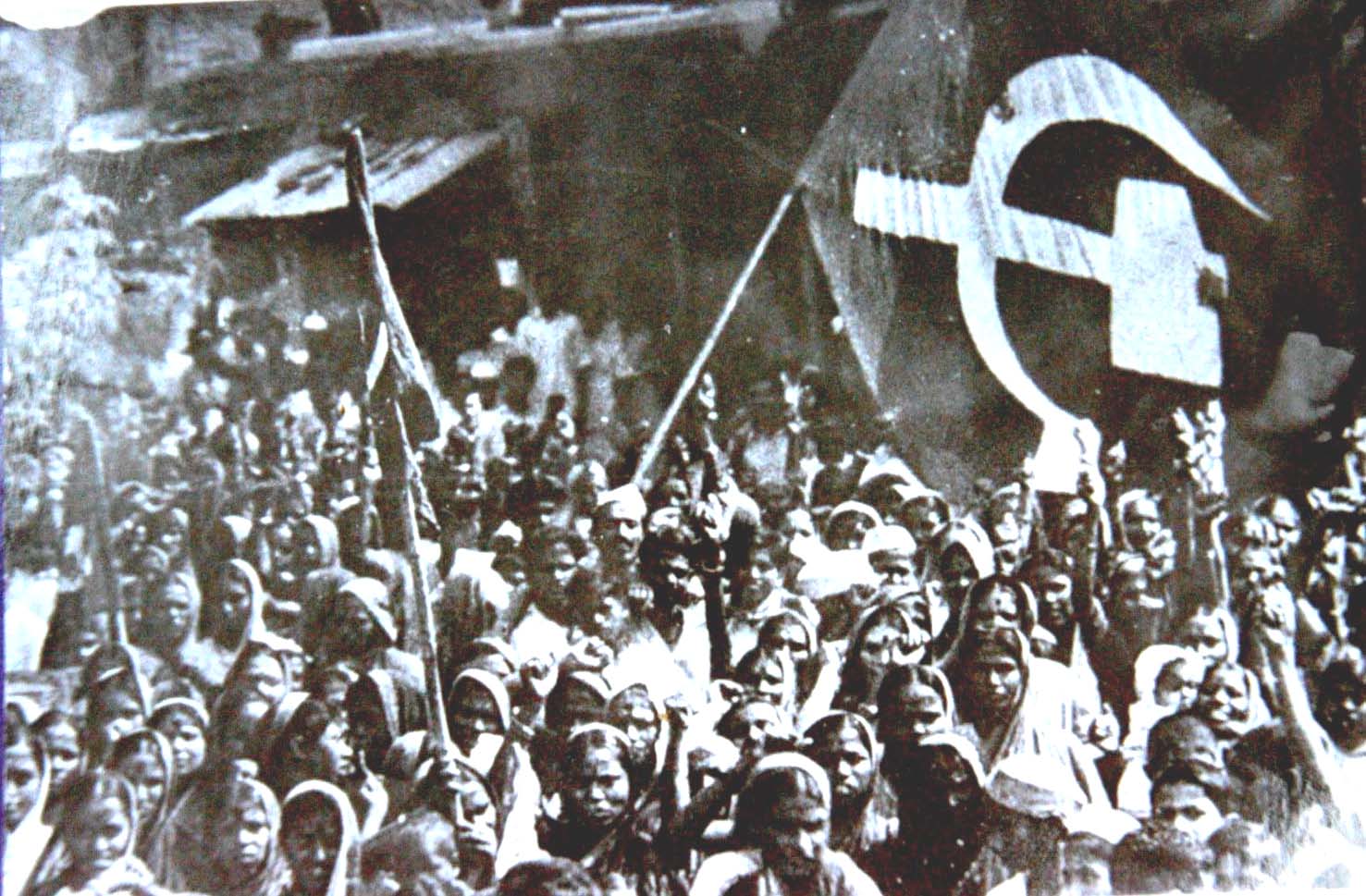I would like to thank
@Maponus for the opportunity to do this piece. I hope everyone enjoys it.
New Delhi, India
Outside the gates of 1, Safdarjung Road, khaki clad guards held back the tide of protestors. They were shouting, waving little red flags, holding signs with Lenin, Trotsky, Mao, Tariq Ali on them. Some even carried the flags of the Socialist Republic of Britain and the UPNA.
Shripad Amrit Dange, Ambassador to the Soviet Union, scowled as he watched the protestors. He had dealt with his share of revisionists and splits within his own party, but these new upstarts, taking inspiration from the so-called “New Left” in the West, and this general strike concerned him. They had not known the struggles of previous generations of communists against the British, a battle he and his comrades struggled alongside Panditji and Gandhiji and the rest. Not helping was his old comrade EMS leading the charge of this general strike, with his party winning all those state elections.
Dange took another sip of his tea, before rising as armed guards ushered his host into the room. Indira Gandhi was clad in one of her grandest saris. Despite her short stature, she exuded a presence in the room. Joining her was Sanjay, balding with thick Coke bottle glasses and his white clothing.
Indira sat, took some tea, and began, “What of the news from Moscow?”
“Premier Suslov is very anxious about the reports of the CPI-M’s victories and the news of the general strike. With what happened in Britain and America, he fears that another revolution hostile to the Soviet Union will erupt here. He wants a quick end to the situation.”
Sanjay scoffed, while his mother simply put down her tea.
“The Soviets have been very kind to us. Since Premier Khrushchev visited my father, they’ve provided much support to us. And we were assured that the Communists were not trying to undermine the government.”
“And we’ve followed that since! We’ve been very loyal to your government. Unfortunately, there were some in our party that failed to take note of that…”
“You failed to control your own people, and they’re threatening our country!” Sanjay stomped down. “If you had a better handle…”
“They took out that letter. Damned forgery…”
Indira pulled her hand up, ending the argument.
“Dange, you understand your appointment as Ambassador was a sign of appreciation you and your party has given to our government over the years.”
“Of course.”
“And you had a previous relationship with Suslov?”
“We spoke for a bit before Independence. With the theorist Andrei Zhdanov”
“Then you can assure him that we are taking the most appropriate measures to keep order in this country. You are aware that with the withdrawal of US troops, Pakistan is on the verge of collapse. Khan can’t keep order, not without his US support. Wallace poured him with money and arms. Rigged the elections against Bhutto. Lost Bangladesh. There is chaos in the streets. Rebellion. We must seize the opportunity at this juncture. I’m sure the Premier would agree.”
Indira poured more tea.
“ These new regimes in Washington and London, they may talk about their new way, but we can’t be sure that they can be trusted. The Soviets have been supporting us for 20 years. These strikers and their Western masters threaten to destroy everything my father and Gandhiji worked so hard to build.”
Dange watched as Indira put down her tea.
“Pardon me, Madame Prime Minister, but what do you intend to do.”
“We’re doing what’s necessary,” Sanjay interjected. “What Grandfather did in 1957.”
Dange shivered, thinking of what had happened.
“On a much larger scale.” Indira finished. “They’ll call me a tyrant. A dictator. But we must safeguard our country. Our democracy. Protect the legacy of the Freedom Fighters. I’m sure you would agree?”
“Yes, Madame Prime Minister.”
Thiruvananthapuram, Kerala
“Comrade, may I come in?”
Elamkulam Manakkal Sankaran Namboodiripad, Chief Minister of Kerala ushered the assistant in.
“I have… news for you. The government may impose a state of emergency over the entire country. Impose President’s Rule over states that elected CPI-M governments.”
“Just like they did during the Liberation Struggle 18 years ago.”
“What do you intend to do?”
EMS leaned forward in his chair.
“They were afraid then. Afraid of-of-of the CIA and the Americans interfering in our politics. The current prime minister told her father to overthrow us. Now, the-the-the-they are afraid of Suslov and the KGB. The difference is, we now have allies who will not stand for our repression.W-W-We are stronger now, the people have shown their support of us. I’m prepared to start a new Liberation Struggle.”



